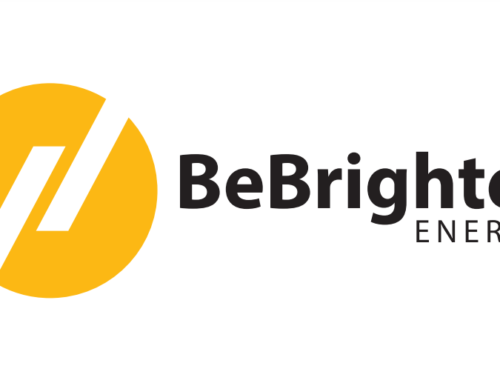Solar Project Partners: Collaborating For Success In Renewable Energy
Introduction
The world is witnessing a growing shift towards renewable energy sources and solar power has emerged as a frontrunner in this transition. As the demand for sustainable energy solutions continues to rise, the success of solar projects hinges on effective collaboration with the right partners. This article delves into the pivotal role that partnership plays in solar investments, whether you’re an individual, a corporation or an institution.
The Significance of Solar Collaboration
Solar energy projects, whether small-scale residential installations or large-scale utility plants, are complex undertakings. They involve a multitude of components, including solar panels, inverters, battery storage systems and intricate electrical and grid connections. Successful implementation and operation of these projects require the expertise and resources of various stakeholders. This is where collaboration enters the picture.
Access To Expertise
When embarking on a solar project, it’s crucial to collaborate with partners who bring their specialised knowledge and skills to the table. This expertise can encompass a wide range of areas, such as solar panel technology, project development, financing and regulatory compliance. Partnering with companies or individuals who are experts in these domains can significantly enhance the project’s chances of success.
Resource Pooling
Solar projects often demand substantial financial resources, which can be a significant barrier for many investors. Collaborating with financial institutions or investors who share the vision of sustainability can provide access to the capital needed to fund these projects. Additionally, pooling resources with partners can help distribute the financial risk associated with solar investments.
Regulatory Guidance
Navigating the regulatory landscape of the renewable energy sector can be daunting. Various permits, licenses and compliance requirements need to be addressed. Partnering with organisations or experts well-versed in these matters can streamline the process and ensure that your solar project complies with all local and national regulations.
Types Of Collaborative Partnerships
The types of partnerships in solar projects can vary depending on the scale and nature of the endeavour. Here are some common collaborative models:
Public-Private Partnerships (PPPs): These partnerships involve a combination of government entities and private companies or investors. PPPs are often utilised in large-scale solar projects to leverage government incentives and expertise, ensuring the development of renewable energy infrastructure.
Corporate Collaborations: Many corporations are investing in renewable energy to meet sustainability goals and reduce their carbon footprint. These entities often collaborate with renewable energy developers, EPC (Engineering, Procurement and Construction) companies and utilities to implement solar projects that align with their corporate social responsibility objectives.
Residential Solar Leases: Individuals interested in harnessing solar power for their homes often opt for solar leases. In this model, homeowners collaborate with solar companies, which install and maintain the solar systems in exchange for a lease fee. It’s a cost-effective way for homeowners to benefit from solar energy without the upfront costs.
Nonprofit and Educational Institutions: Schools, universities and nonprofit organisations can partner with renewable energy firms to install solar panels on their campuses. These partnerships allow institutions to reduce their energy costs, demonstrate environmental leadership and educate students about sustainable energy solutions.
Challenges And Considerations
While collaboration is a cornerstone of solar project success, it’s not without challenges. Selecting the right partners, establishing clear roles and responsibilities and managing the relationship effectively are critical. Additionally, ensuring that the collaboration aligns with your financial, environmental and long-term goals is essential.
Conclusion
In the pursuit of a sustainable future, solar energy projects stand at the forefront of the transition to renewable energy sources. Collaboration with the right partners is paramount to the success of these projects, whether you’re an individual homeowner, a corporation or an educational institution. Partnerships provide access to expertise, financial resources and regulatory guidance, making the journey towards solar energy more accessible and impactful. As the world continues to embrace the potential of solar power, the importance of finding the right partners cannot be overstated. Collaborate for success in renewable energy and together, we can harness the power of the sun to create a brighter, cleaner future for all.



Leave A Comment